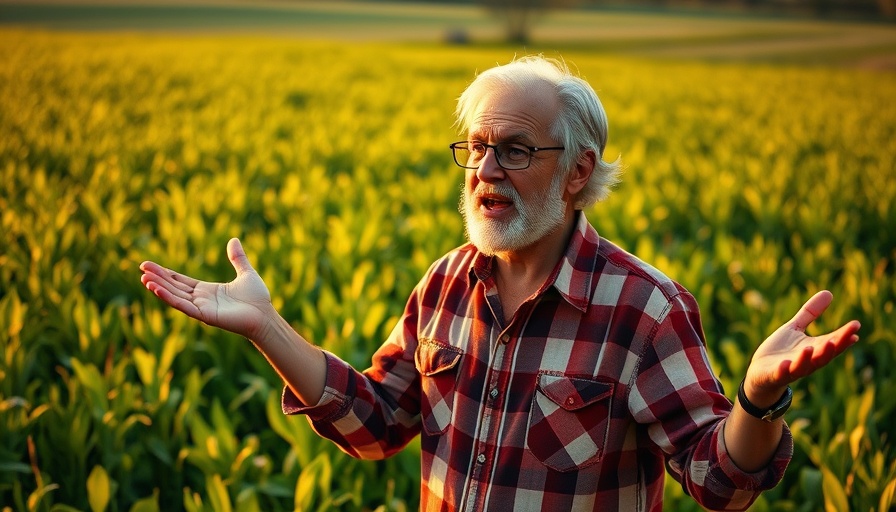
Sean Paul Turns Spotlight on Food Security
In a powerful blend of celebrity influence and social responsibility, Jamaican artist Sean Paul is emerging as a champion for food security. The reggae superstar recently took to social media to emphasize the critical need for sustainable food practices and community support, reflecting a growing concern that resonated during the pandemic.
Why Food Security Matters Now More Than Ever
With global supply chains disrupted, many communities, especially in the Caribbean, have faced challenges accessing nutritious food. Sean Paul not only brings attention to this issue but also sparks a conversation about the importance of local farming and the need for innovative approaches to ensure that everyone has enough to eat. As he advocates for better food systems, he encourages fans to consider how they can contribute to their local communities.
Connecting Music and Advocacy
Sean Paul’s background in music has always intertwined with cultural advocacy. His platform allows him to reach a wide audience, raising awareness that food security is not just an agricultural issue but a social responsibility. By engaging with his fans on this topic, he promotes the idea that music can be a uniting force for global issues, empowering individuals to take action locally.
Cultural Impact and Community Involvement
As a public figure, Sean Paul is leveraging his influence to motivate fans to engage with food sustainability initiatives. This engagement could mean supporting local farmers, participating in food drives, or educating themselves and others about the importance of food security. It’s more than an isolated cause; it’s part of a larger movement to strengthen community ties.
A Call to Take Action
Sean Paul’s efforts highlight a pivotal moment for both his fans and the wider community. As music continues to bridge gaps around the world, it’s clear that our favorite artists can indeed advocate for change. Whether through donations or volunteer strategies, every small action counts in the fight for a more secure and sustainable food future.
 Add Row
Add Row  Add
Add 




 Add Row
Add Row  Add
Add 


Write A Comment